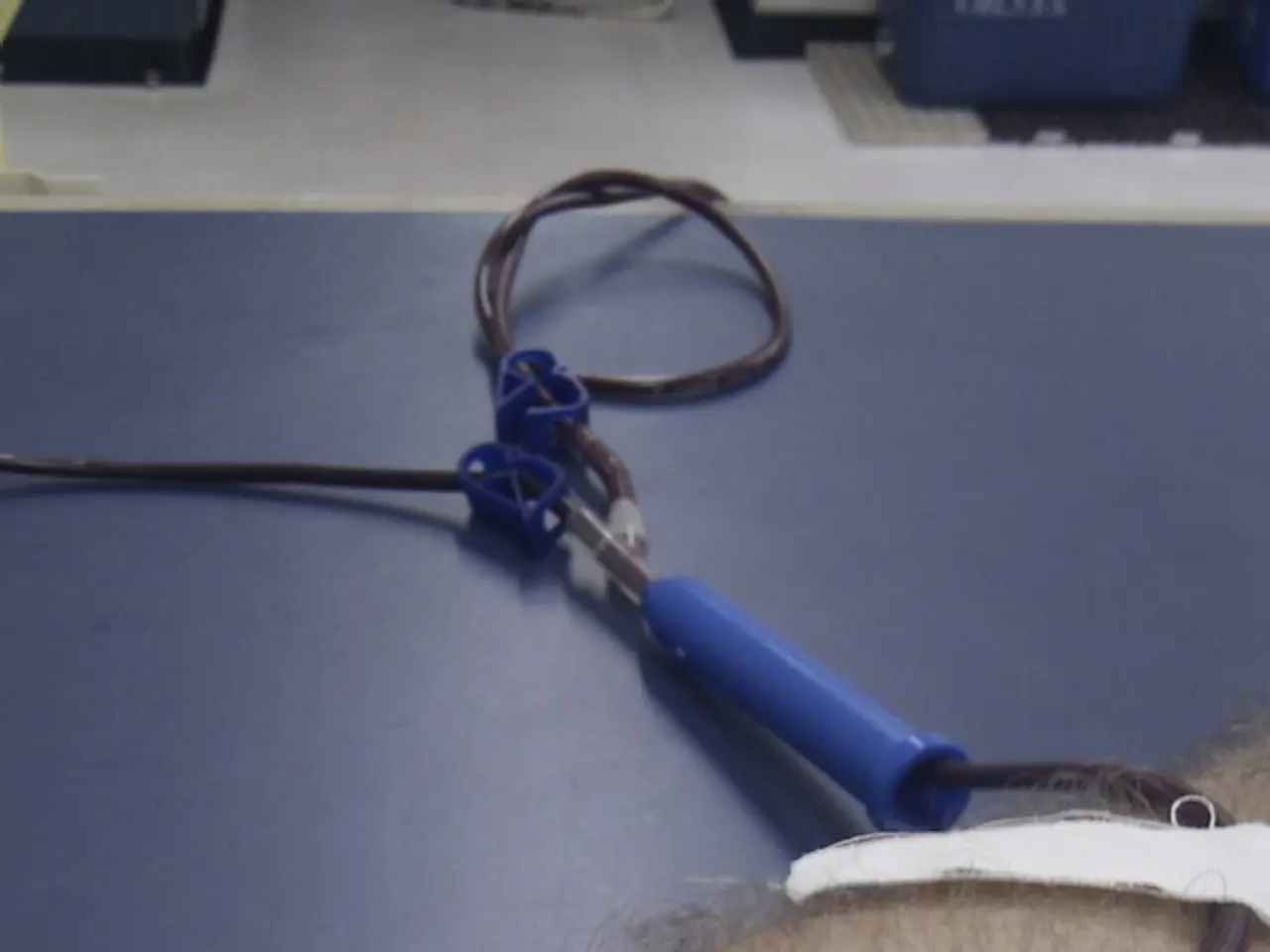Overcoming Trypanophobia: Understanding and Treating Extreme Fear of Needles
Trypanophobia, the extreme fear of needles, significantly impacts many lives. This common phobia stems from various factors and can lead to serious complications if left untreated.
Trypanophobia is triggered by different aspects of needles, including vasovagal reactions, unpleasant memories, or fear of restraint. It often develops due to negative past experiences, low self-esteem, conditioned learning, or parental influences. This fear is diagnosed by ruling out physical illness and assessing its impact on daily life. Symptoms range from anxiety and insomnia to dizziness, fainting, and high blood pressure. Some adults maintain this intense fear, significantly affecting their quality of life and leading to complications like stressful episodes and delayed medical treatment.
Treatment typically involves psychotherapy, such as cognitive behavioral therapy (CBT) or exposure therapy. In severe cases, medication may be prescribed. Online therapy options are also available. Interestingly, while children are particularly afraid of needles due to unfamiliarity, most adults can tolerate them. Factors contributing to trypanophobia include genetic predisposition, brain chemistry changes, temperament, and learning about negative information or experiences.
Trypanophobia, an extreme fear of needles, is a common yet serious issue that can significantly impact one's life. Understanding its causes and seeking appropriate treatment, such as psychotherapy or online therapy, is crucial for managing this fear and preventing complications.




